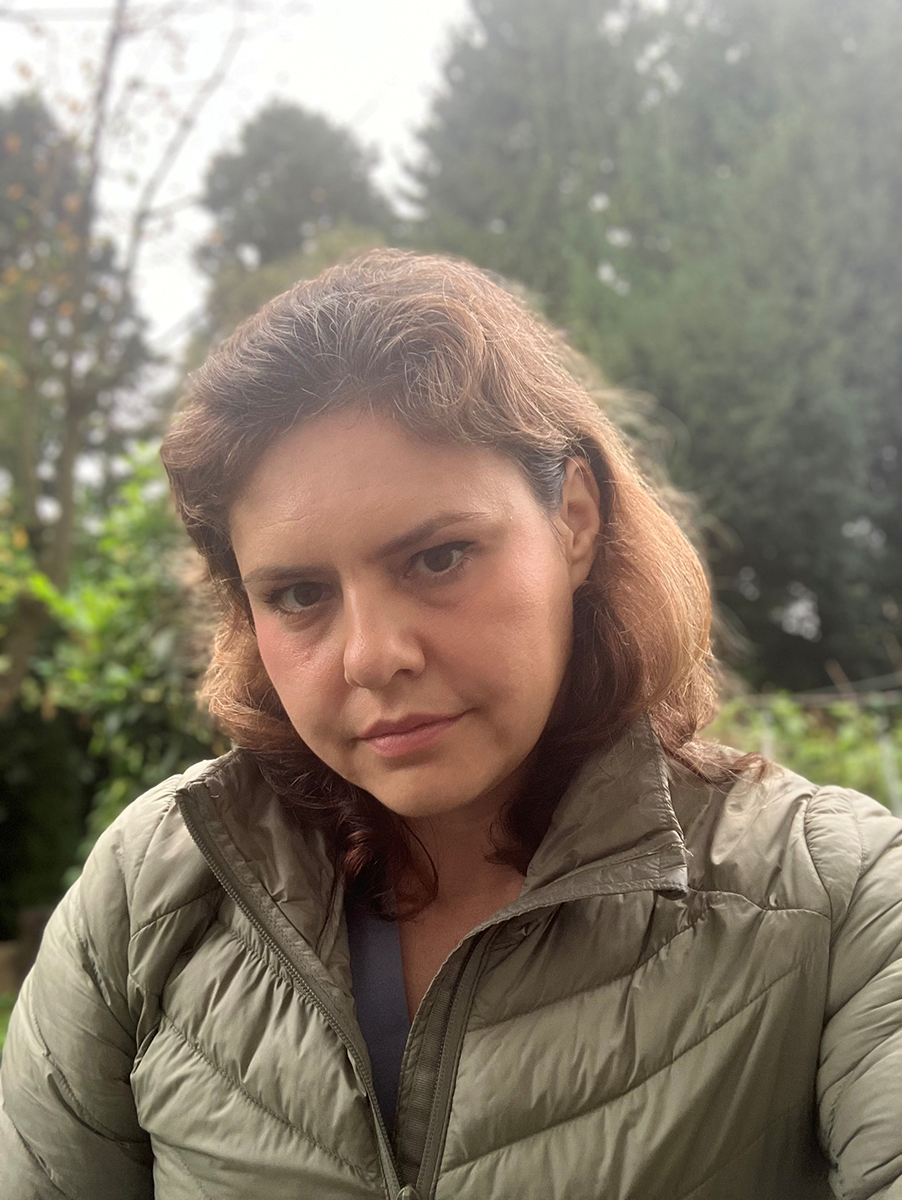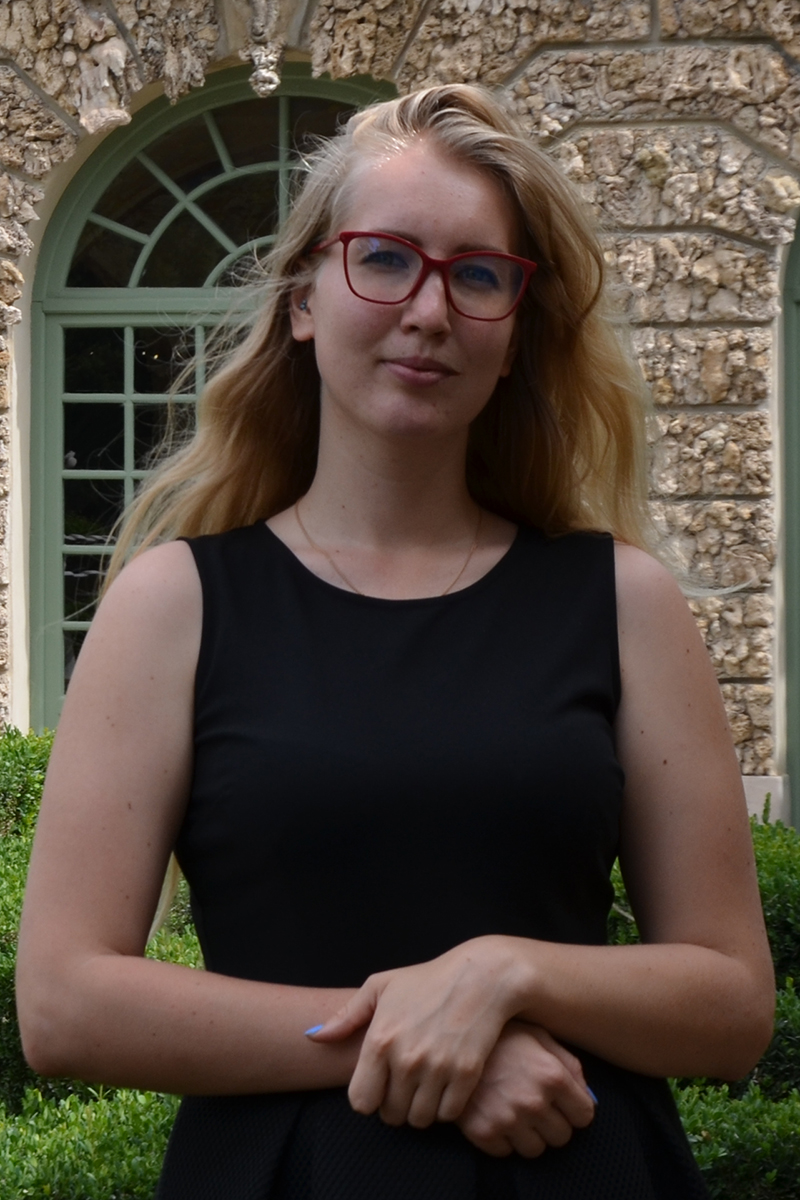Handling sensitive data and pseudonymisation in wartime, such as U-CORE project’s testimonies of war during the ongoing Russia’s war of aggression against Ukraine, imposes a variety of restrictions on digital processing, preservation and disclosure of audio recordings and their transcripts.
Aliesia Soloviova will discuss a metadata-driven approach to differentiated disclosure and controlled access within oral history archives, focusing on how technical architectures can operationalize ethical principles of consent and pseudonymisation. Her presentation introduces a prototype application that integrates automated access control with interview-level metadata exported from CatDV. This model demonstrates how archival infrastructure can move beyond static visibility tagging toward a dynamic, purpose-based system that algorithmically enforces both privacy protection and scholarly transparency. The approach offers a replicable framework for institutions seeking to manage ethically complex collections where research integrity, data protection, and contextual interpretation must coexist.
Anna Kryvenko will talk about a mixed-method approach to sensitive data identification, annotation and review, which combines close qualitative reading with corpus linguistics techniques within a research triangulation framework. The suggested methodology contributes to the growing, yet significantly underexplored, awareness that cross-disciplinary relations between oral history and corpus linguistics can be mutually beneficial within the broader ecumenical agenda of digital humanities. The findings have implications for elaborating a multi-level disclosure strategy that balances research transparency, ethical responsibility, participatory engagement and public accessibility of sensitive wartime materials.
About the speakers

Anna Kryvenko holds a PhD in Linguistics and has two affiliations: she is a Research Associate in the Digital Humanities Group, Institute of Contemporary History (Ljubljana, Slovenia), and a Chief Consultant at the Security Studies Centre, National Institute for Strategic Studies (Kyiv, Ukraine). Her research interests revolve around corpus linguistic studies and their applications to social sciences and humanities. She is a co-compiler of a corpus of Ukrainian parliamentary debates for the ParlaMint (CLARIN ERIC) project and a corpus-assisted discourse analyst for the ongoing ParlaCAP (OSCARS cascading grant under Horizon Europe) and ParlAgE (ARIS) research projects.
Recently she has been exploring possibilities of cross-fertilisation between Corpus Linguistics and Oral History. She is developing the Corpus of Ukrainian Narratives with Audio data (CUNA) — a machine-readable collection of annotated and audio-aligned transcripts of in-depth semi-structured oral interviews with Ukrainian women in Slovenia and Ukraine focused on identity formation in light of Ukraine’s Europeanisation, which will be available via DARIAH-SI. During her visiting research fellowship at C2DH, she is primarily working on identification, annotation and disclosure of sensitivity data for the U-CORE project.

Aliesia Soloviova holds a PhD in History and a Master’s degree in Data Science. She is currently conducting her research at the European University Institute in Florence, where she examines family and gender dynamics in Soviet Ukraine and explores how ideology, moral discourse, and social policy shaped marriage, motherhood, and sexuality during the post-war decades.
Her work integrates historical inquiry with computational analysis, applying database design, statistical modelling, and interactive visualization to large-scale archival datasets. At the European University Institute, she developed an interactive database and mapping platform using PostgreSQL, Python, and web-based visualization tools to analyse regional and occupational patterns among women awarded Soviet maternal honours.
She has also been a research fellow at Columbia University (New York), where she presented her approach to data visualization and led a hands-on workshop titled “Building Historical Databases: From Archival Sources to Interactive Maps.”
Her broader research interests include Soviet social history, gender studies, and the intersection of data science and the humanities, with a particular emphasis on ethical data curation and digital archival practices.
